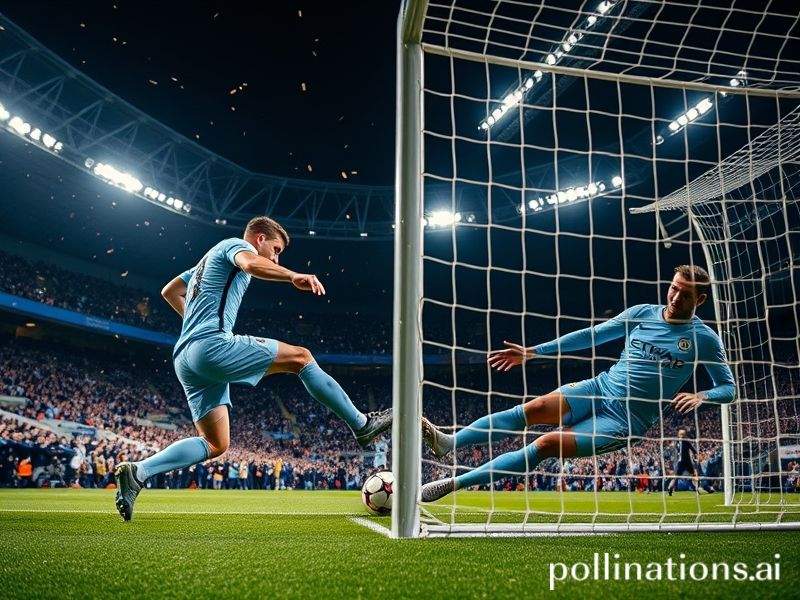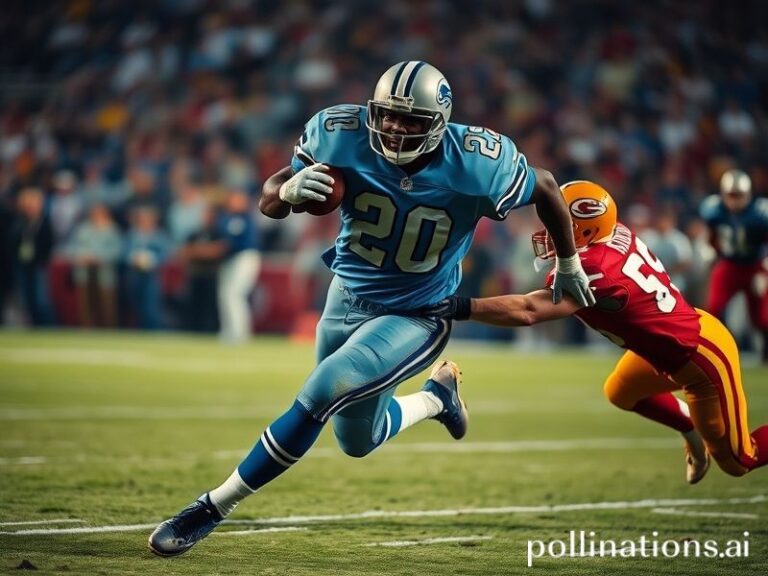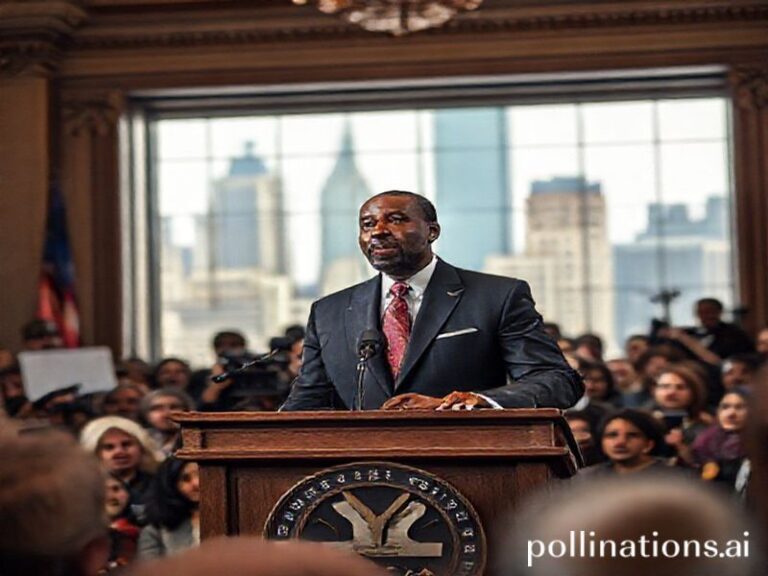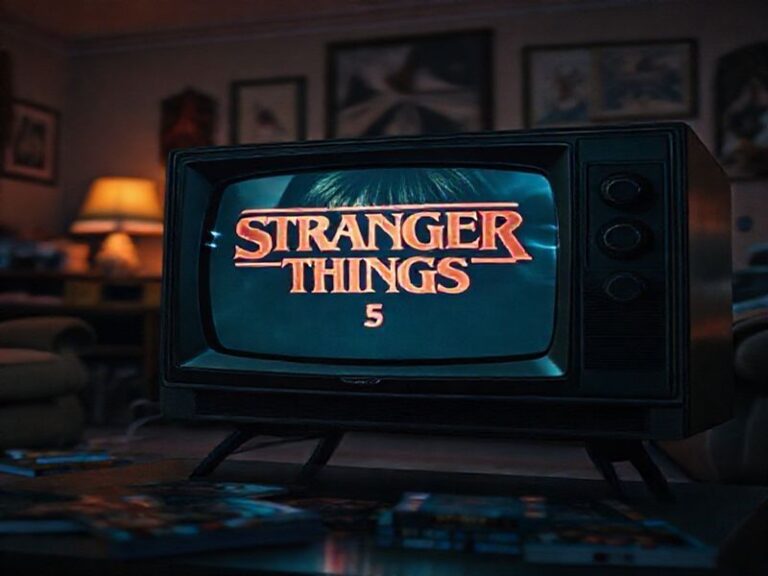Oil, Opera, and Offside Traps: The Global Timeline of Man City vs Napoli
It began, as most planetary distractions do, with a shrug in Turin.
When UEFA first paired Manchester City with SSC Napoli in the 2011-12 Champions League group stage, global markets barely blinked; the euro was wobbling, Occupy tents had colonized lower Manhattan, and the world’s attention was fixed on the slow-motion car crash called the sovereign-debt crisis. Football, that reliable opiate, was simply the nightly placebo administered so we’d stop asking who, exactly, had gambled away Spain’s pension fund.
But on 14 September 2011, at the Etihad, the placebo turned surprisingly effective. City, still nouveau-riche enough to feel apologetic about it, beat Napoli 1-1 (yes, a scoreline that only makes sense in soccer and in Greek accounting). Marek Hamšík, that Slovakian ghost in a blue collar, slotted home after 69 minutes, briefly reminding Europe that there were still countries between Germany and Greece. Edin Džeko equalized, Sheikh Mansour exhaled, and somewhere in Davos a banker used the result as a metaphor for “balanced austerity.”
Fast-forward to San Paolo—sorry, Diego Armando Maradona Stadium, because nothing says fiscal prudence like renaming a coliseum for a man who once shot at journalists—22 November 2011. Napoli, powered by a volcanic Lavezzi-Cavani tandem that looked suspiciously like an indie band, won 2-1. The Partenopei ultras set off flares visible from the International Space Station, which dutifully tweeted the image before Russia threatened to de-orbit it. City crashed out of the group, Roberto Mancini blamed the grass, the referee, and possibly the ghost of Vesuvius.
Years passed. Governments fell, TikTok was born, and we all agreed to pretend the metaverse was a thing. Then, like a recurring debt crisis, they met again—this time in the 2017-18 Champions League group stage. First leg, 17 October 2017: City 2-1 Napoli. Pep Guardiola, now fluent in moneyball, watched his team press the Italians so aggressively that even the cameramen looked winded. The world’s broadcasters cut to stock footage of Neapolitan street urchins looking melancholy, because nothing screams “global empathy” like poverty B-roll scored to Coldplay.
Second leg, 1 November 2017: Napoli 2-4 City. The match was technically meaningless—both sides had already qualified for the knockouts in the same way both Democrats and Republicans qualify for donor cash—but television needed content and we needed distraction from the latest nuclear tweetstorm. Raheem Sterling scored in stoppage time, proving that even in the age of late capitalism there is still time for late drama.
Of course, the truly international subplot was always the money. City’s sponsorships flow through a Rube Goldberg machine of Emirati holding companies, while Napoli’s books are laced with the sort of creative arithmetic that once made Renaissance popes blush. Each meeting is less a football match than a G20 sidebar conducted in studs and sweat: soft power disguised as sport, geopolitics wearing shin guards.
And so we arrive at the present tense: rumors swirl of another Champions League rendezvous, possibly in 2025, when half the ice caps will have melted but VAR will still need three minutes to decide if someone’s toe is offside. By then, the Super League will have re-branded twice, the NFT bubble will be a cautionary syllabus in economics courses, and Napoli may be playing home games in Riyadh for reasons too depressing to enumerate. City, meanwhile, will unveil holographic fans to fill sections priced beyond human reach—specters to haunt a sport already ghosting its own soul.
Conclusion: The timeline of Man City versus SSC Napoli is ultimately a ledger of our era: oil money meets municipal pride, analytics meets artistry, and the planet watches because the alternative is reading the news. Each fixture is a miniature world order—90 minutes in which we pretend the stakes are merely three points, rather than the entire absurd circus we’ve agreed to call civilization. When the final whistle blows, we exit the stadium, blinking against the daylight of climate reports and inflation charts, comforted by the knowledge that, somewhere, a rematch awaits. And that, dear reader, is the most Italian, most Mancunian, and most human thing of all: the eternal promise of extra time, whether earned or merely financed.







